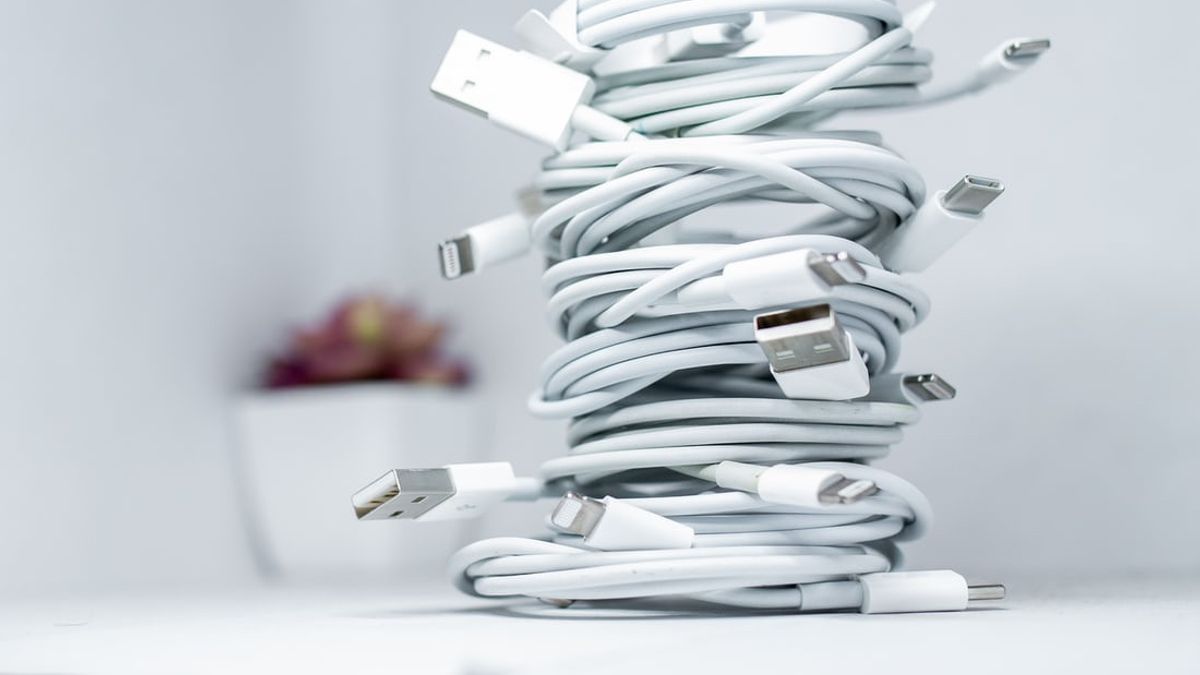JAKARTA - The European Union has expressed its intention to immediately enact a law (UU) that requires all manufacturers of smartphones and other smart devices to equip their devices with a USB Type-C port for charging.
This rule only applies if the vendor sells their phone in the European market. That means, when the rules apply, the European Union will prohibit the sale of consumer electronic devices that do not have these ports.
According to reports, the law is aimed at smartphones, portable video game consoles, portable speakers, cameras and some types of headphones, but will not apply to devices that use only wireless charging.
In addition, the European Union will also not prevent devices from having additional ports for charging, as long as they also have USB Type-C as the main port. In fact, the EU mandate has been implemented by several smart device companies, to reduce waste and cut costs.
Furthermore, each manufacturer will have two years to comply with the rules. The EU's goals also include reducing e-waste, on the basis that consumers throw away unwanted chargers when they buy a new device.
This law is also positioned as a consumer convenience measure. Commissioner Thierry Breton said about the legislation.
"Chargers power all of our most important electronic devices. With more and more devices, more and more chargers are sold that are not interchangeable or are not needed. We put an end to that," said Breton as quoted by Ars Technica, Friday, September 24. .
"With our proposal, European consumers will be able to use one charger for all their portable electronics. This is an important step to increase convenience and reduce waste," he added.
It is claimed the new law may be the culmination of years of efforts in the European Union to reduce the number of charging standards. Now, almost all mobile devices use one of three ports namely USB Type-C, Micro USB, or Lightning.
Micro USB has been out for the last few years, as it has gradually been replaced by USB Type-C in Android phones and many other devices. But the big impact here is likely to be for Apple, which last week introduced a new iPhone that still uses the company's Lightning port, even though most of the rest of the industry has opted for USB Type-C.
The English, Chinese, Japanese, Arabic, and French versions are automatically generated by the AI. So there may still be inaccuracies in translating, please always see Indonesian as our main language. (system supported by DigitalSiber.id)









